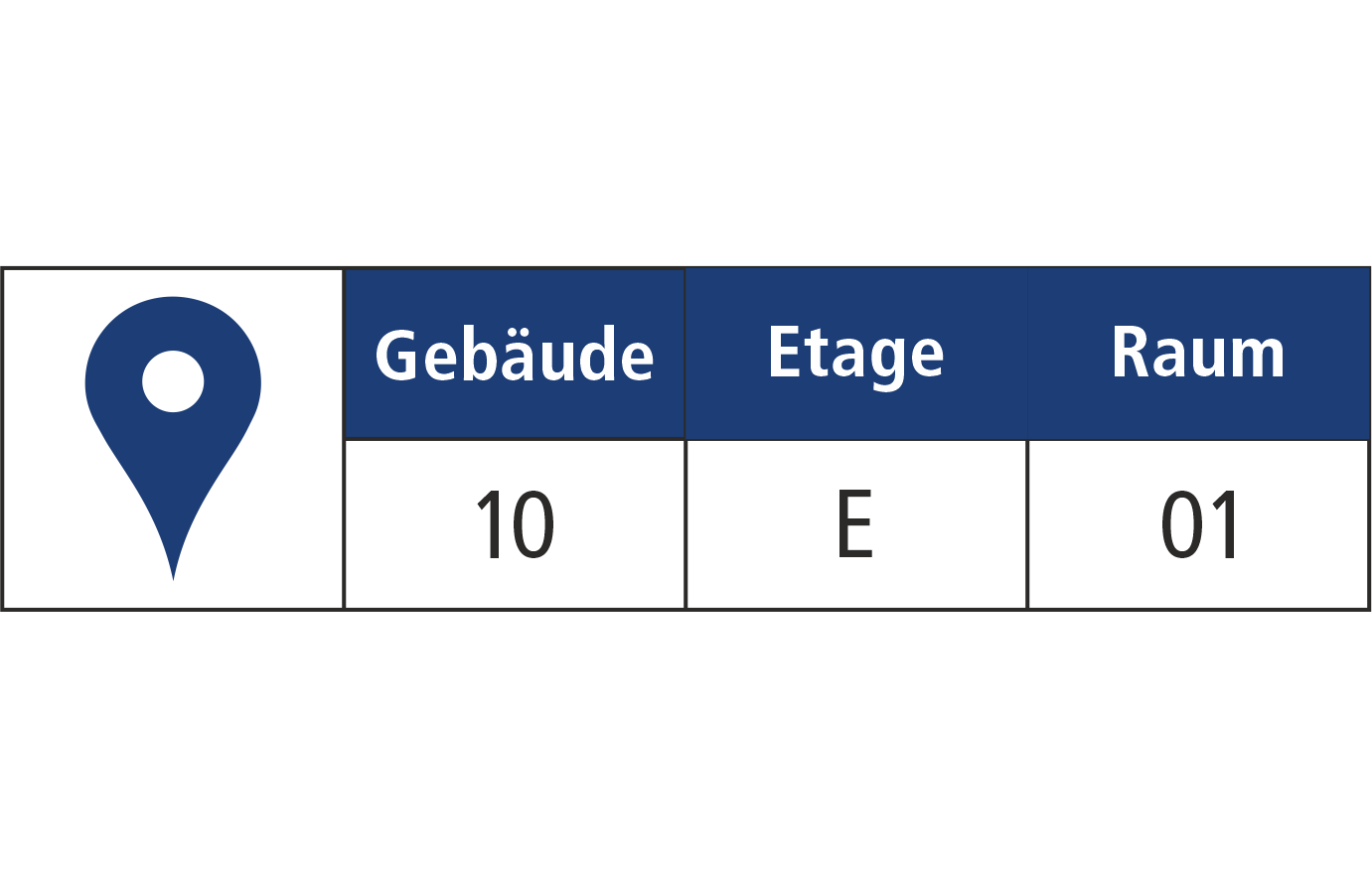![[Translate to Englisch:] [Translate to Englisch:]](/fileadmin/Bilder/_processed_/9/7/csm_header_fr_vt_07835b4fd5.jpg)
Automotive Engineering Laboratory
The main idea of the Automotive Engineering Laboratory is to provide a user-oriented approach to the teaching and research of current automotive engineering issues. The underlying concept is twofold: in addition to offering technical and manpower support for current project and research work, students are effectively introduced to engineering issues at an early stage through practicals and project work.
Location
Building 10, ground floor, room 01

VW Transporter T5
Mobile laboratory for dynamometer testing and road tests
- power: 173 kW / 6200 rpm
- generating torque: 315 Nm / 2950 rpm
- fuel: petrol
- engine size: 3189 cm³
Specifications:
- fuel consumption meter
- 230 V power supply
- manual accelerator pedal adjustment (only for dynamometer use)
- remote access for CAN buses
BMW i3
Battery-electric vehicle particularly for investigating effects on energy consumption
- power: 125 kW
- generating torque: 250 Nmn
- fuel: electric
- battery capacity: 18.8 kWh (net)
Specifications:
- breakout box for measuring current and voltage in the high-voltage system
- manual accelerator pedal adjustment (only for dynamometer use)
- remote access for CAN buses
- additional programmable display to show on-board data
VW Golf VII
Petrol-fuelled laboratory vehicle that can be modified in various ways and can therefore be used for a range of different courses.
- power: 103 kW / 4500 rpm
- generating torque:
- fuel: petrol
- engine size: 1395 cm³
Specifications:
- fuel consumption meter
- remote access for CAN buses
- setup for testing to determine the centre of gravity
Fully functioning engine
Four-stroke petrol engine on mobile frame with exhaust system and various operating and display elements, measuring devices and interfaces for demonstrating the real function of an internal combustion engine
- power: 70 kW bei 6000 rpm
- generating torque: 125 Nm at 4000 rpm
- engine size: 1332 cm³
Specifications:
- manually operated accelerator pedal adjustment
- external access for CAN bus
- sensors for oil and exhaust temperature
- programmable data display for showing current operating states
The equipment is constantly being upgraded to ensure that our teaching is in line with current practice.
Model LPG system
Cutaway models that illustrate how an LPG system works
Simulation software IPG CarMaker
Simulation of vehicle dynamics with model environments for vehicles, drivers, roads and traffic. Simulations of simple and more complex manoeuvre-, event- and scenario-based test procedures can be repeated and reproduced.
Development and testing software Vector CANoe
Software for analyzing and testing in-vehicle communication
Measurement and diagnostic software Vector CANape
Software for synchronous recording and evaluation of various measured variables















